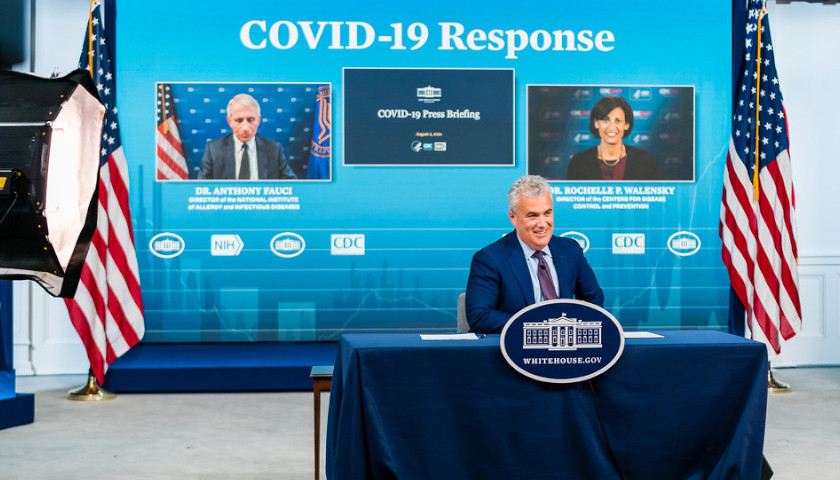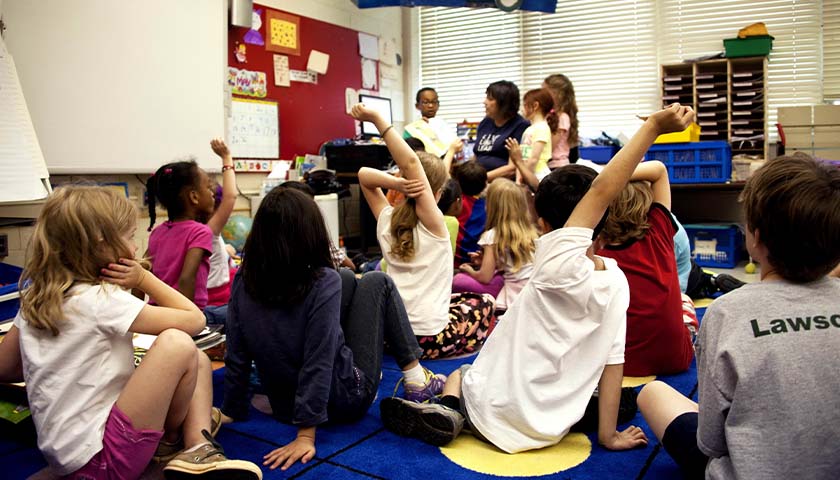According to Hans Rosling “Critical thinking is always difficult, but it’s almost impossible when we are scared. There’s no room for facts when our minds are occupied by fear.” The American Psychological Association indicates the use of fear to influence behavior is effective, especially among women. For fear to be a successful change agent, it must be viewed as a legitimate warning about what will happen if behavior does or does not occur.
Read MoreTag: critical thinking
Commentary: Thinking Critically About ‘Critical Thinking’
“We must never,” Bismarck is said to have warned, “look into the origins of laws or sausages.” Sage advice, I’ve always thought (and no pun intended with that “sage”)—but how much at odds it is with the dominant current of modern thought, which is to say Enlightenment thought.
Immanuel Kant, a great hero of the Enlightenment, summed up the alternative to Bismarck’s counsel when, in an essay called “What is Enlightenment?,” he offered Sapere Aude, Dare to know!, as a motto for the movement. Enlightened man, Kant thought, was the first real adult: the first to realize his potential as an autonomous being—a being, as the etymology of the word implies, who “gives the law to himself.” As Kant stressed, this was a moral as well as an intellectual achievement, since it involved courage as much as insight: courage to put aside convention, tradition, and superstition (how the three tended to coalesce for Enlightened thinkers!) in order to rely for guidance on the dictates of reason alone.
Read More

